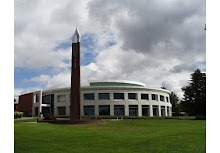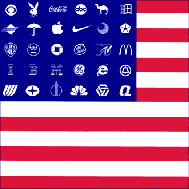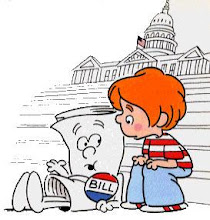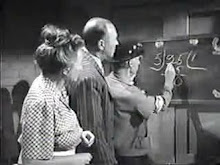Bessie held strong left-wing views and joined the International Brigades during the Spanish Civil War fought alongside Robert Merriman, David Doran, Leonard Lamb, Joe Bianca and Edwin Rolfe, who he described as being "frail; he resembled a bird; he had a fine, delicate bone structure and he did not look as though he should be in an army... I do not think I have ever met a gentler guy, a less pugnacious guy, less of a soldier. But he had the iron of conviction in him just the same. He had a tiny automatic pistol some one had given him, and it became him, though I could not imagine him ever using it."
While in Spain he was interviewed by journalists, Ernst Toller, Ernest Hemingway, Vincent Sheean and Herbert Matthews. Bessie took part in the battle for Gandesa and served under Milton Wolff at the Ebro. On his return he wrote a book, Men in Battle (1939) about his experiences in Spain. He was also appointed as drama and film reviewer of the New Masses (1939-43).
Bessie moved to Hollywood and two of his screenplays were produced by Warner Brothers, Northern Pursuit (1943) and The Very Thought of You (1944). His next screenplay, the extremely patriotic, Objective Burma (1945) was nominated for an Academy Award. This was followed by Hotel Berlin (1945), Ruthless (1948) and Smart Woman (1948).
1943 Northern Pursuit (screenplay)











